Humans are Quick to Adapt to Change
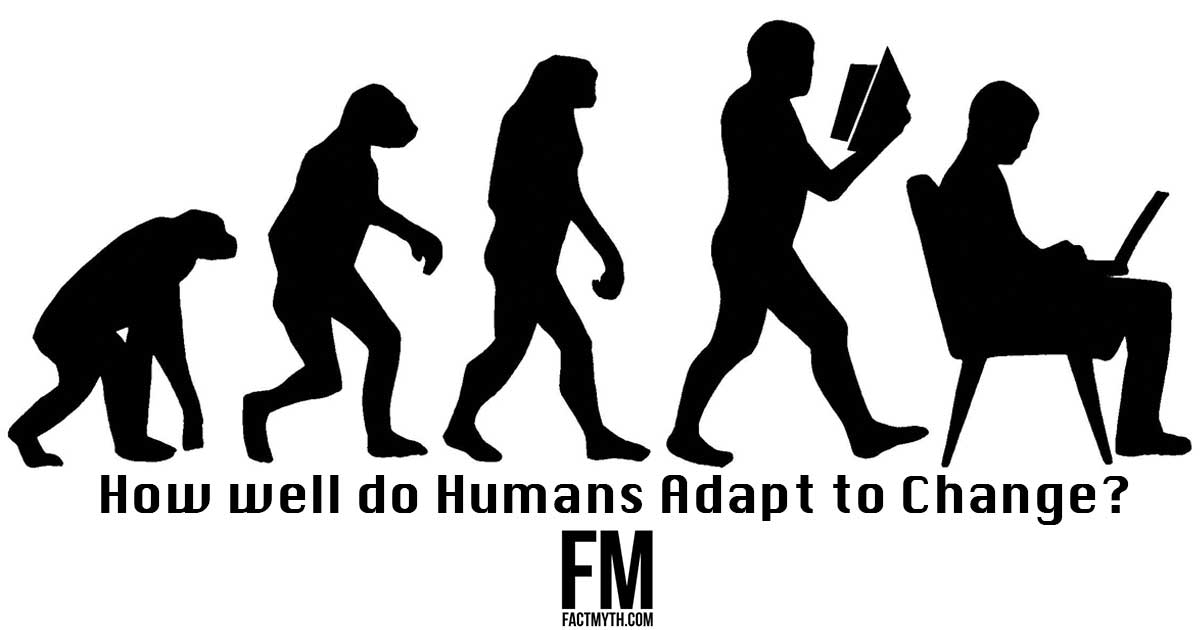
Humans are generally quick to adapt to change, despite being resistant to it, this is true biologically, socially, and culturally.
Social science is the study of relationships within a society including economics, political science, and more. Many social sciences like philosophy are also considered humanities (the study of culture).

Humans are generally quick to adapt to change, despite being resistant to it, this is true biologically, socially, and culturally.
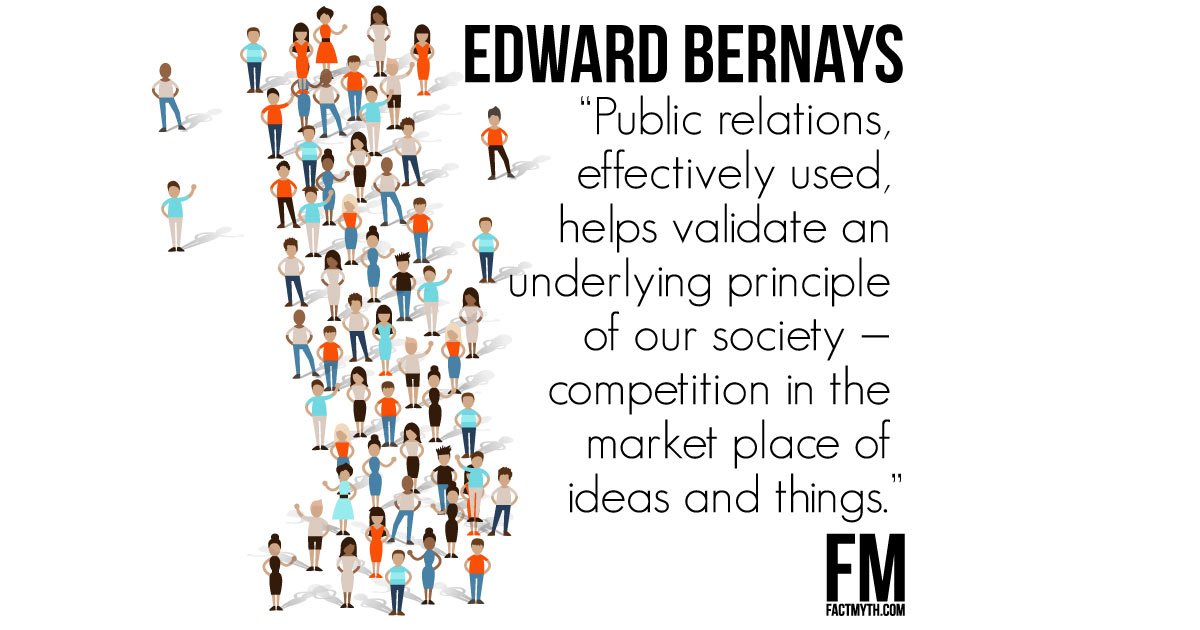
Edward Bernays, nephew of Sigmund Freud, can be considered the father of public relations and propaganda. Bernays literally wrote the book on propaganda, public relations, and manipulating public opinion.
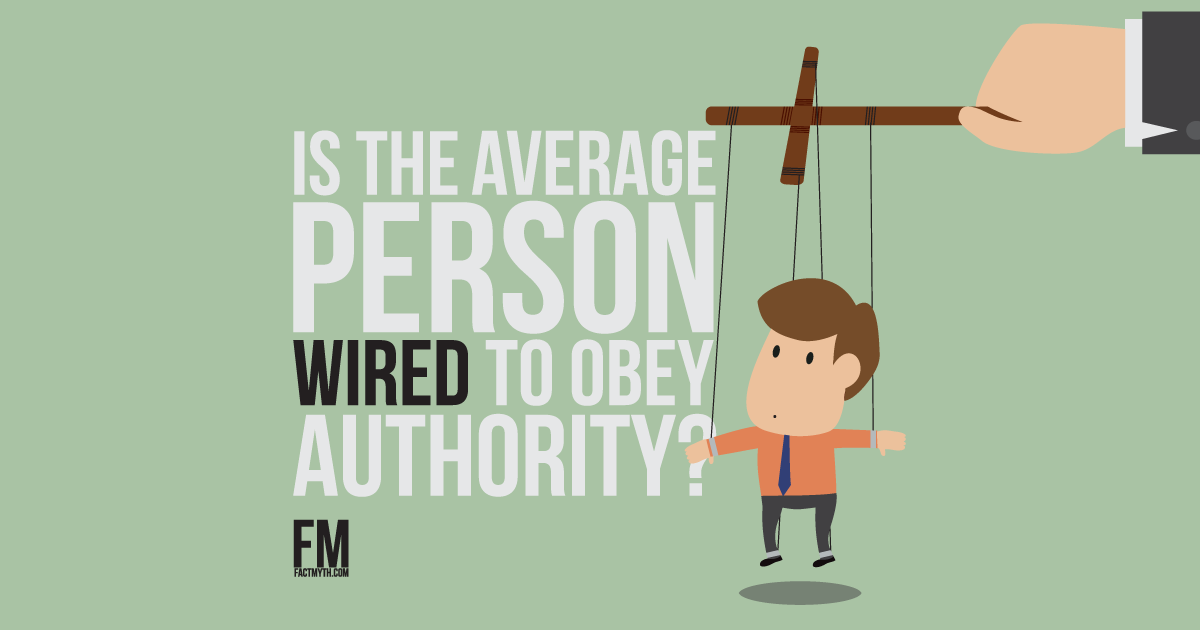
The Milgram experiment on obedience to authority figures (and related studies) show that, on average and under the right conditions, people will obey authority figures despite moral objections.

The US political parties, now called Democrats and Republicans, switched platform planks, ideologies, and members many times in American history.
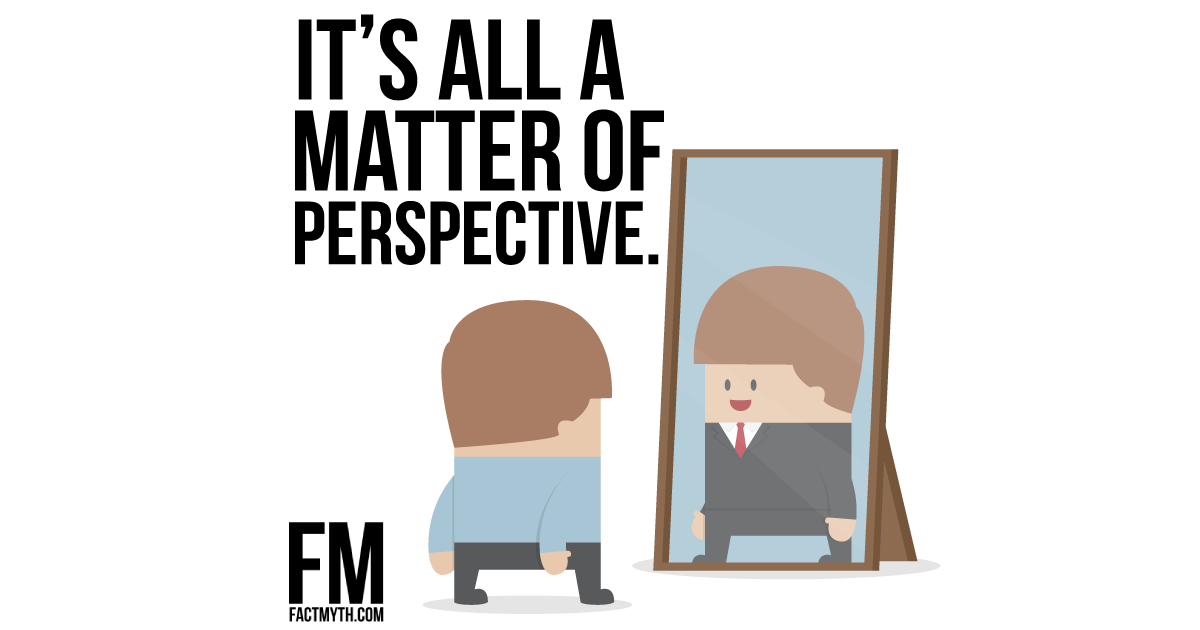
Everything we perceive depends on our frame of reference. What we observe is relative to our point of view. In other words, “it is all a matter of perspective”.

A series of social and legislative changes in the 60’s ended an era of tuition-free state universities in the US and started the current student loan crisis.
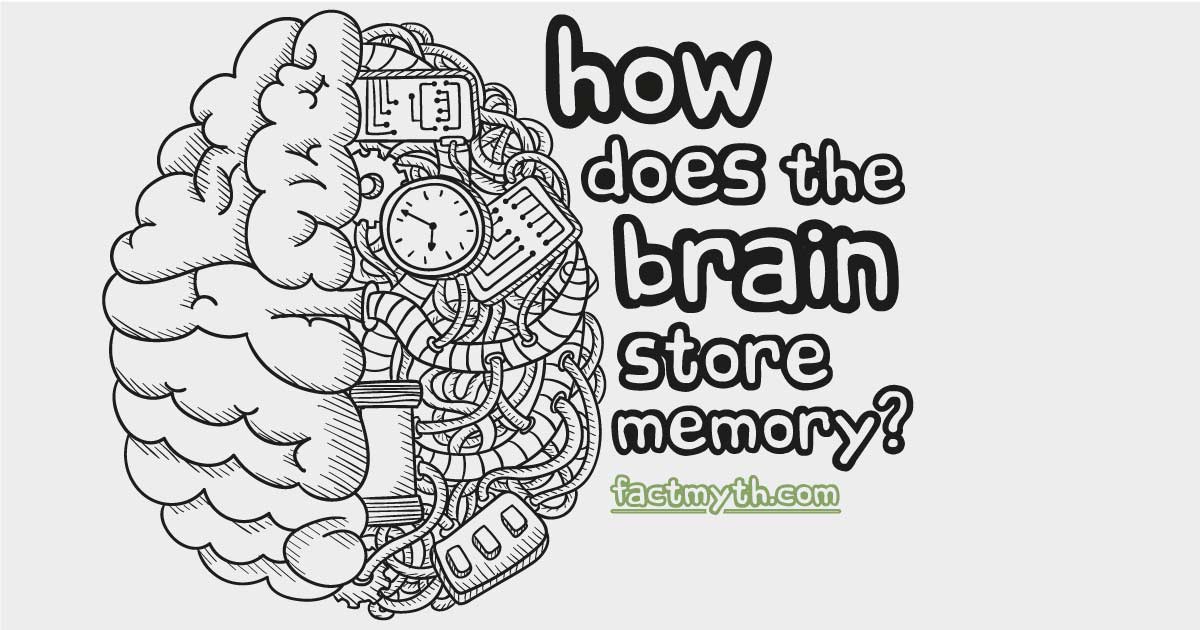
There are three basic types of memory: sensory memory (what we perceive), short-term memory (what we think about), and long-term memory (what we know).
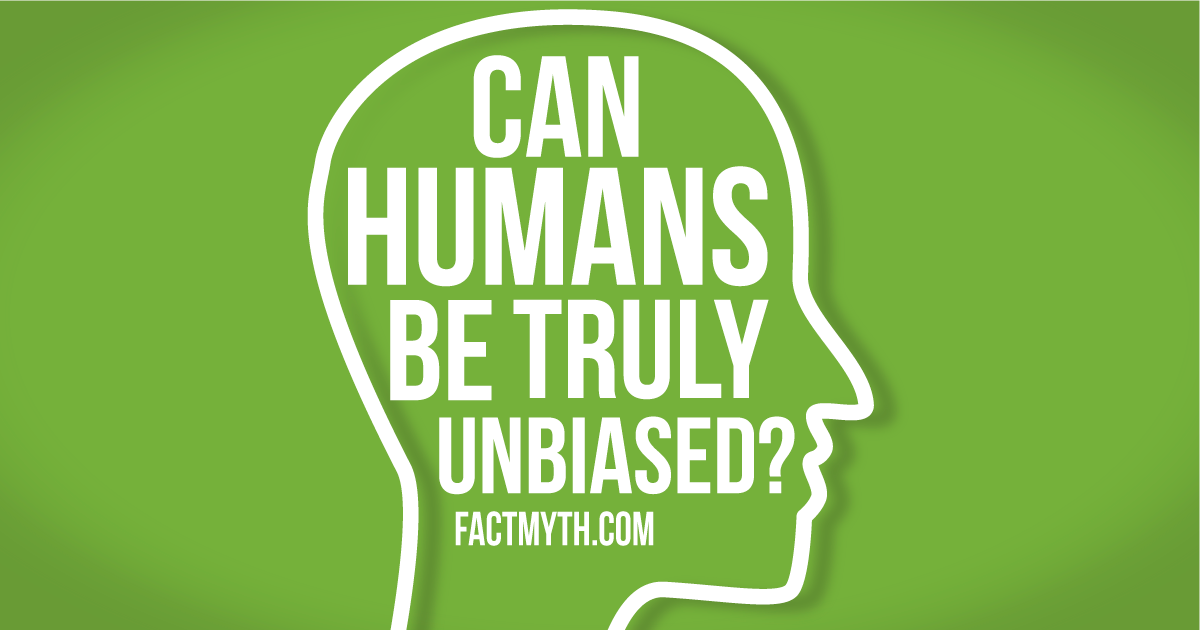
People can’t be truly unbiased; we are hardwired with bias and create bias constantly as part of the natural neurological process of learning.
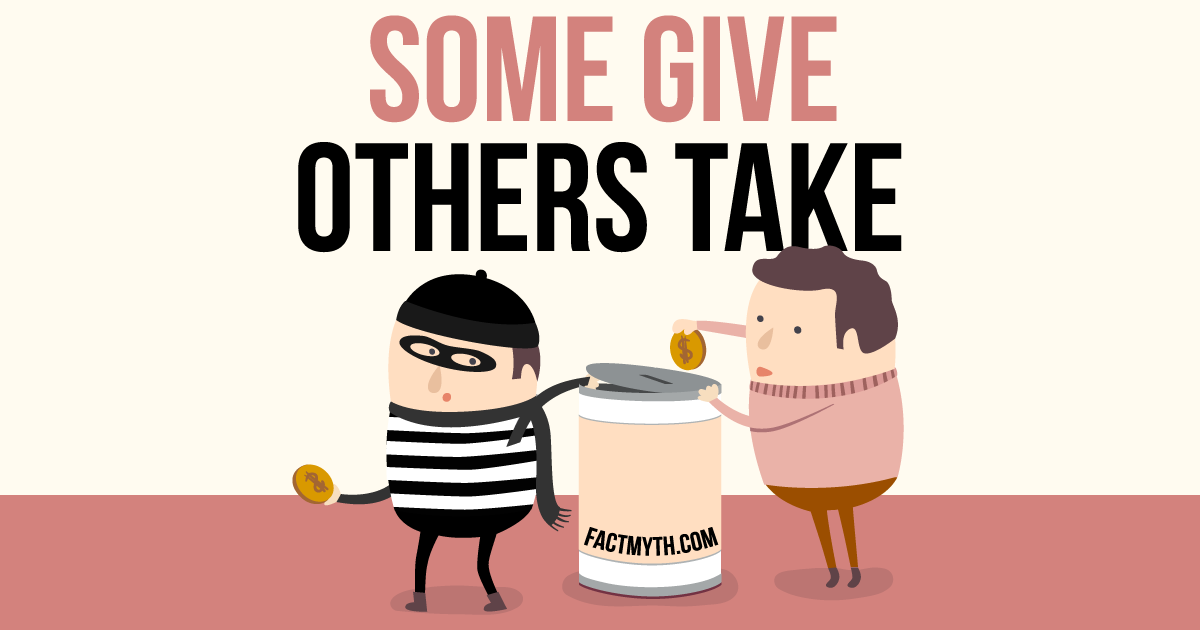
Humans are born both selfish and compassionate; we are hardwired to show compassion to our group and fear to those outside it. It’s genetic self-interest.
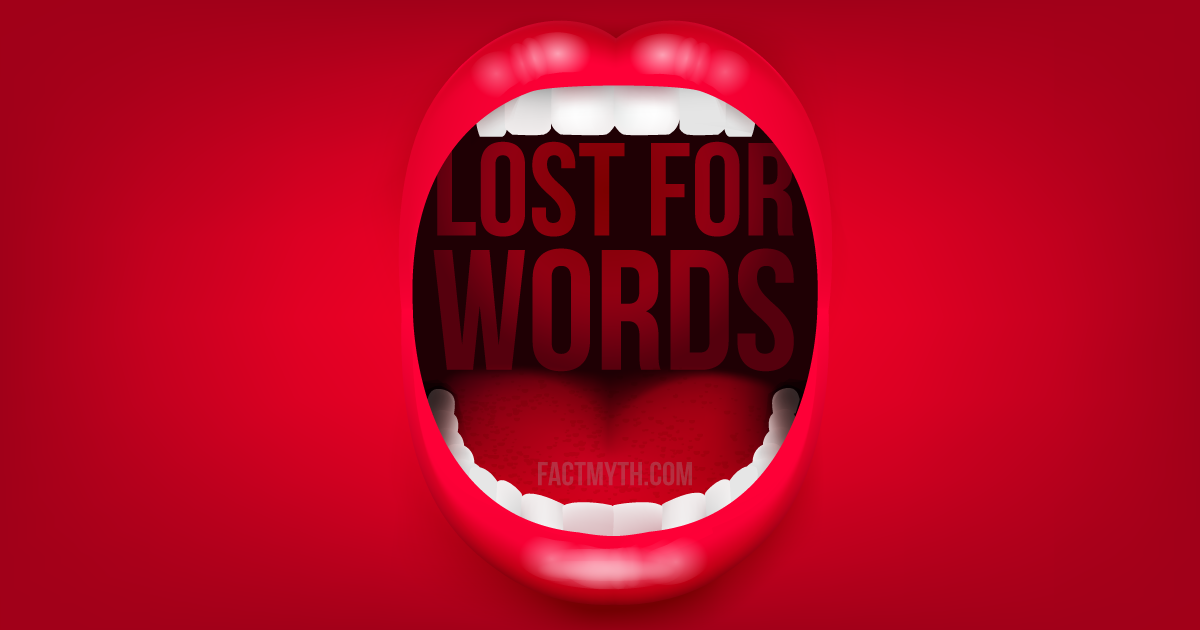
The speed and complexity of our thoughts exceed our abilities of language and communication, specifically our ability to convey complex ideas.